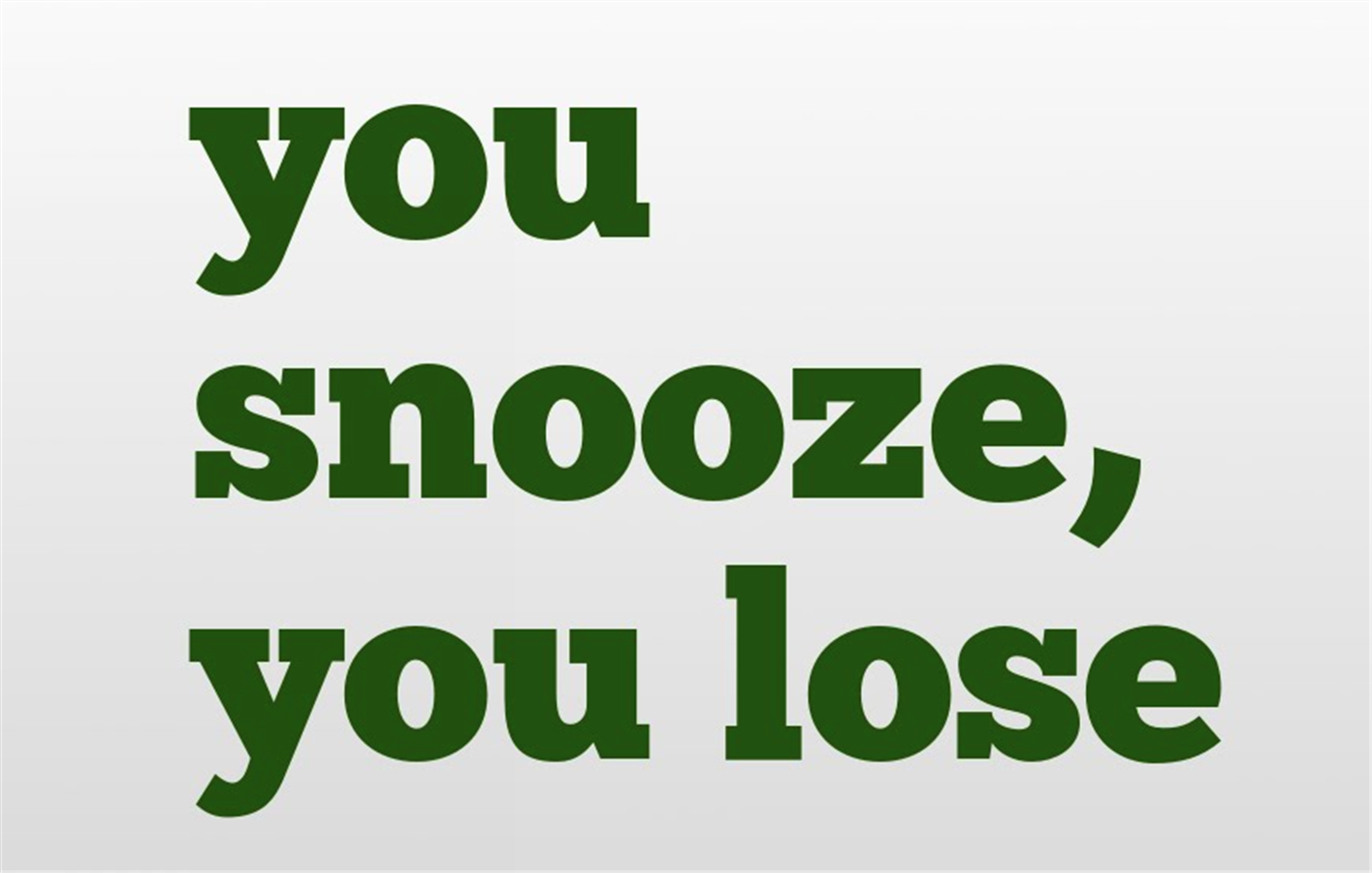
Understanding the basic legals of clearing a song will not only stop you from getting shafted, but it will make life a lot easier for the person wanting to use it.Here's a bunch of terms worth checking out…
All In
This means that the 1 fee covers both the publishing rights and the sound recording rights.
Buy-out
Whereby your music is paid a one off fee and you then never see a dime from the use ever again – this is common in video game licenses.
Credits
Is when the songs name, who performed it, who wrote it, and who licensed the song is added in the end credits of a Film.
Cue sheets
A tracking report that allows songwriters and publishers to be paid for the broadcast use of their song. A cue sheet includes details such as the production and episode, writers/publishers details, the air dates, the length it was used, and when it was used. It also outlines how it was used such as Featured, Vocal, Instrumental, or Background.
Exclusivity of brand
Often used in advertising, this stops you from using your song in another campaign that's promoting a similar product category in either a specific territory or worldwide. E.g. You can only use the song in 1 car commercial for the term of the license.
In context use
You only agree to have the song used in 1 scene, and not in any other scene. Your music can only be used "in context".
In perpetuity
Means the duration of the term is forever and ever and ever..
Licensee
The organization/entity/individual to which your music/song is being licensed.
Licensor
The licensor is the organization/entity/individual who is licensing the music/song.
Master rights
The owner of the actual sound recording (master) of the song. Whoever pays for the recording owns the recording. If you have paid for your songs to be recorded in a studio then you will own the rights. If a record label has paid for the recording, then they will own the rights.
Mechanical rights
A mechanical license grants the rights to reproduce and distribute copyrighted musical compositions (songs) on CDs, Vinyl Records, DVD's, Ringtones, Tapes, Digital Downloads, Interactive Streams and other digital models. This would apply when your song is added to a soundtrack compilation for a TV show or Film. Every time someone purchases the compilation either as a hardcopy, digital download, or even streams it you are owed a royalty. Companies such as Harry Fox (USA), PPCA (Australia), MCPS (UK) and CMRRA (CAN) collect mechanical royalties.
Media Use
This will tell you what types of media will be used in the transmission of the production, such as TV (Free-To-Air, Cable or Digital), Internet, Theatrical, or even Corporate.
Most Favoured Nations (MFN)
Strange term, but in sync terms it basically means that every song used in a production will be paid the same.
Per-Side
When someone says "I can offer you $1,000 per side" they are referring to the Master and Publishing 'sides'. So you would be receiving $2,000 for the deal.
Out of context use
This means that the music can be used in and out of context. Whereby it is in a montage scene (in context), and can also be used in a trailer (out of context). If they want out of context you can charge a much higher fee for the use.
Publishing rights
The person(s) who wrote the composition or lyrics for a song owns the publishing rights.
Rollover
You'll often see this being used when licensing a song in advertising, whereby it allows the advertising agency to pay you a second fee to use the song again (in the same campaign) once the original length of term has expired.
Sound Recording
Also know as the master, a recording of a song that is owned by the individual/entity/organization that paid for and/or facilitated the recording.
Territory
A term used in agreements that describes the location of where the license covers. E.g. 'The World' means everywhere on Earth. You might even see the word 'Universe', this is just in case someone on Mars starts playing a show you have a song synced into.
Term
The 'Term' of a licensing agreement is the amount of time it is valid for. With Film, TV Shows, Trailers and Video Games you will often see in perpetuity, but with commercials it will often be limited to a year or even just a few weeks.